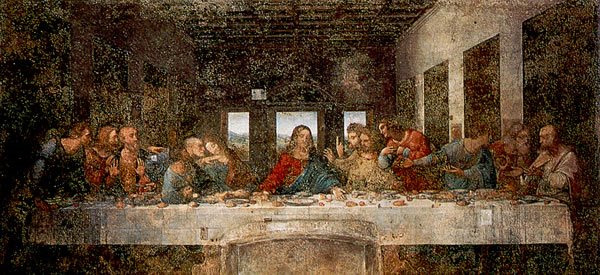Today must have been one of those days.
In reflecting on the lecture given concerning the practical implications of the Trinity, I began to process how a view of the Trinity can impact humanity on a daily, rather routine, level. Especially in reference to interpersonal relationships between the sexes, particularly in marriage. I am not sure why I have never thought of it as such, but the community the Trinity enjoys carries fantastic lessons for marriage. What intrigues me most is the ontological equality yet distinction in roles and person. I have long thought that the complementarian vs. egalitarian debacle could be credited to a misunderstanding of roles and function, and in many cases a rejection of them. Perhaps this is due to poor teaching concerning what it means to be male and female. It could also be that I have a limited scope where I have seen far too many times the oppression of women in the complementarian side of things a sort of awkward power struggle on the egalitarian side. So I remain open to the idea that this is only an argument from experience, a perhaps skewed one at that. Nevertheless, the Trinity offers a perfect example of what it means to be ontologically equal yet still distinct in role and function. It is a community where submission occurs, where different functions are carried out by different persons, yet love still abounds within and there is much that is shared by all in the community. Finding myself to be probably the softest complementarian you might find and perhaps a rather hard egalitarian, my desire is to further seek out the roles and functions given to male and female. Not due to some agenda I have of making gender roles an issue of controversy or some sick desire I have of wanting to pick fights within the evangelical realm, but in quest to better model the Trinity. If the Godhead truly does exist as ontologically equal yet distinct in terms of role and function, would that not also suggest a pattern for human relationships, being as we are the Imago Dei?
What it all boils down to is my longing to see men and women, not only in marriage I suppose, figure out what God has as their role and get on board. I think there is enough evidence to presuppose, not least in the book of Ephesians, that God commands different things to the husband than He does the wife. His expectations are different for each. I don't think this undermines or demeans the intrinsic value of the person as much as it does give mission and purpose to the relationship. If everyone were running around doing the same thing, carrying out the same task, it would make for a mess of things. Maybe this is far too of an idealistic sense to such a complicated problem. If so, feel free to correct me.
-j
-j


No comments:
Post a Comment